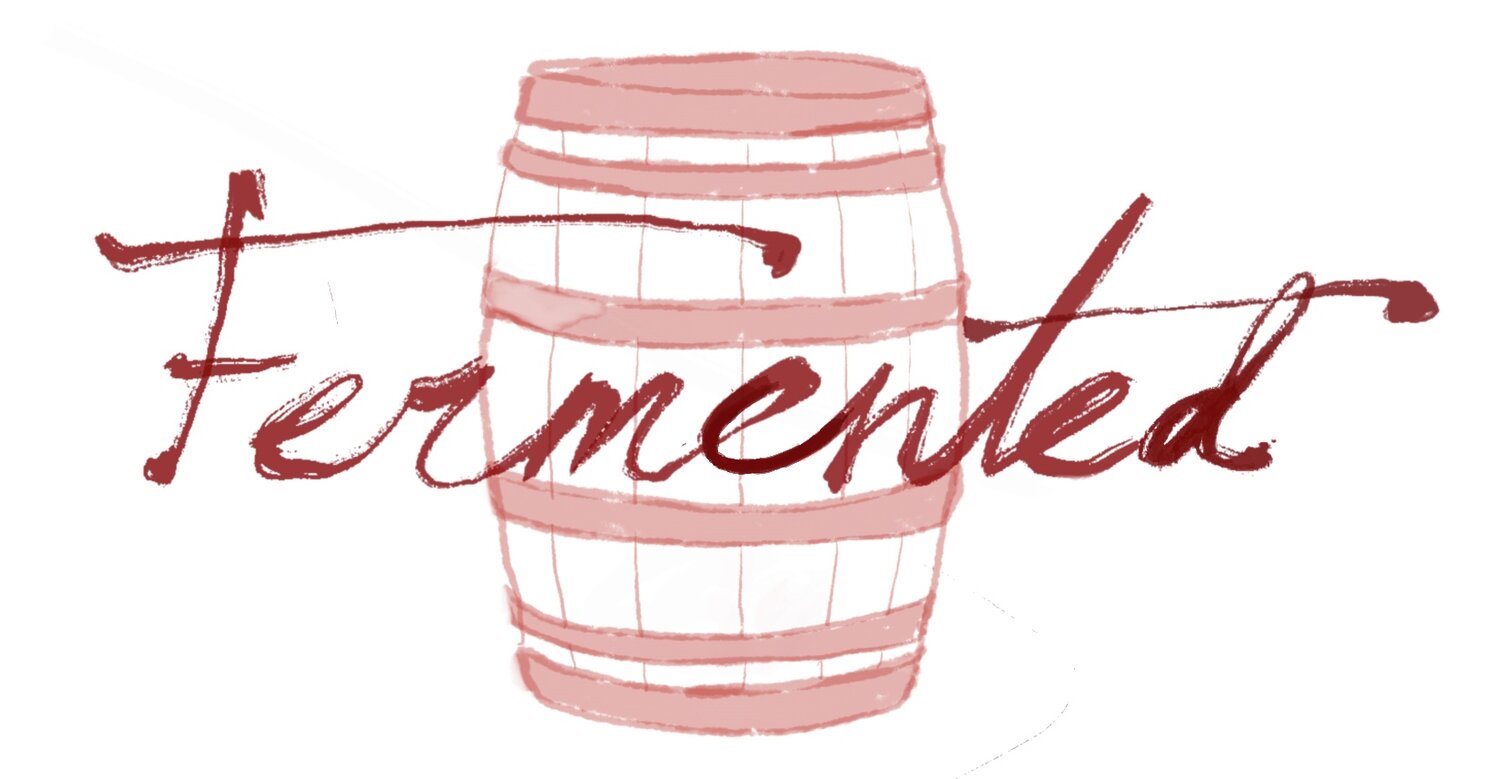What is Sustainability in Wine?
Sustainability.
Organic. Biodynamic. Sustainable. These terms have become words that seem to denote something important, but what exactly are they? Do they matter and should you care about them? At Fermented, we believe that ensuring sustainability is vital to reducing carbon emissions, creating positive working environments and, ultimately, for the betterment of the future of our planet. Read below to learn more about sustainability!
Kabaj wines are natural and organic, and are among the most beautiful in the world!
Organic.
Organic producers boast that your wine does NOT at any point during the winemaking process contain synthetic fertilisers, pesticides, and other chemicals. When grapes begin growing in the vineyard, these agents are absent. As grapes are grown, harvested, and made into wine, any additives are also organically grown, free of any genetically modified organisms (GMOs) and sulfites, preservatives with antioxidants and antibacterial properties.
When you purchase a bottle of organic wine at your local store, you can rest assured that your wine has 100% organically grown ingredients. Make sure to check wineries websites or ask an expert, as some producers do not obtain official certifications, but are nonetheless organic. However, the lack of sulfites, currently the best natural wine preservative, means that your organic wine may have a shorter shelf life. Moreover, your organic wine will likely not age as well, or as long, which means you may lose out on the robust flavours that come with aging, as well as be subject to a fair amount of variability from bottle to bottle. Don’t hesitate to ask us any questions!
** La Fiorita is currently moving all viticultural practices to sustainable organic farming. Very exciting!
** Loveblock is also organic and sustainable and their wines are certified Vegan! Cool stuff!
Poggerino in Tuscany is a biodynamic wine producer, helping create purity of wine that begins in the vineyard.
Biodynamic.
Like organic wines, biodynamic wines contain no chemicals and additives throughout the winemaking process. As grapes grow, they are free of any synthetic fertilizers, pesticides, and chemicals. When grapes are harvested and made into wine, they too are free of any GMOs and sulfites. Biodynamic wines differ from organic wines in that they take the entire ecosystem into consideration as grapes are grown. In a sense, this is a holistic practice in both the vineyard and the winery.
While not all biodynamic producers are certified, to be certified under either of the two biodynamic wine certifications – Demeter and Biodyvin – vineyards must maintain exceptional soil health and vintners must time their planting schedules with lunar cycles to ensure the best agricultural health.
** Our own Poggerino is a biodynamic producer!
Erica and Kim Crawford of Loveblock in New Zealand are key figures in the sustainable wine movement at home and across the world.
Sustainable.
Sustainable wines aim to have a winemaking process that protects the environment, supports social responsibility, maintains economic feasibility, and produces high quality wines. As grapes are grown, harvested, and made into wine, a multitude of environmental factors are prioritized. This includes everything from maintaining biodiversity on vineyards to ensure soil health, to implementing recycling measures that conserve water as grapes are growing, to utilizing renewable energy technology like solar, as wine is being produced.
When you grab a bottle of wine marked with a sustainability certification, you know that your wine was made with the environment, social responsibility, economic viability, and high quality in mind. Unless otherwise stated, your sustainable wine is likely not made with 100% organically grown ingredients and may very well have some additives, such as sulfites, to ensure a longer shelf life and more robust flavours that come with aging.
** Every one of our wineries adhere to sustainability practices, in the vineyard, the winery and all business activities.





